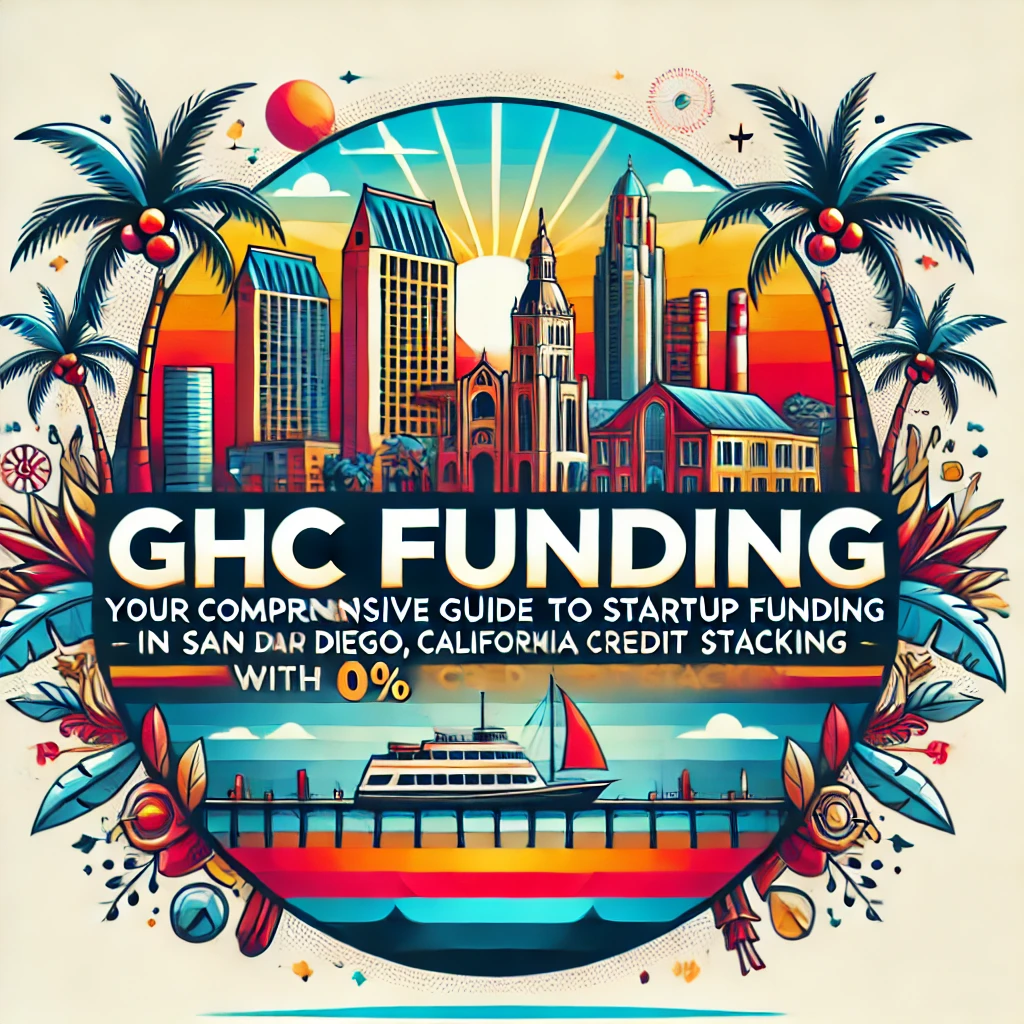Maine Inflation Budgeting & Real Estate Investment Guide 2025: State-Specific Strategies
In the face of persistent inflation, Maine investors and households need intelligent, localized strategies. This guide presents comprehensive insights on inflation budgeting and the best real estate investments in Maine for 2025, with a particular emphasis on the booming commercial real estate sector in the state’s major metropolitan areas.
- Maine Inflation Budgeting & Real Estate Investment Guide 2025: State-Specific Strategies
- Maine’s 2025 Economic Outlook: Key Inflation Trends
- Budgeting in Maine During Inflation: Strategic Considerations
- Real Estate Investment Opportunities in Maine: 2025 Focus
- Maine’s Statewide Economic Drivers
- 2025 Commercial Real Estate Trends in Maine
- Inflation-Proofing Investments: Maine-Specific Approaches
- Case Study: Portland’s Congress Street Redevelopment
- Regulatory Landscape & Investment Incentives
- Population & Migration Patterns: Fueling Opportunity
- Infrastructure & Future Development Hotspots
- Maine Real Estate Inflation Hedging Strategies
- Statewide Success Stories
- Conclusion: Maine’s Roadmap to Inflation-Resilient Investment
Maine’s 2025 Economic Outlook: Key Inflation Trends
- Inflation Rate: Maine’s inflation rate averaged 4.2% in 2023-2024 with projections moderating to 3.1% in 2025. Key drivers include housing, utilities, and food prices across urban and coastal communities.
- Cost of Living Index: Maine remains above the national average, especially in Portland and coastal regions. Utilities, transportation, and heating costs are proportionally higher than inland states due to geographic climate factors.
- Population Growth: Maine’s population expanded by 1.1% in 2024, driven largely by migration to cities like Portland and Bangor, as well as increased remote work and the state’s quality-of-life appeal.
- Jobs and Wages: Maine’s job growth is strongest in healthcare, education, technology, and hospitality. Median household income grew 2.7% in 2024 but purchasing power is pressured by inflation.
Budgeting in Maine During Inflation: Strategic Considerations
State-Specific Cost Adjustments
- Housing Costs: Median home price in Maine is $375,000 (early 2025), with Portland, South Portland, and Bangor recording steady appreciation. Rents have climbed 7% YoY in top cities.
- Utilities: Maine’s cold climate elevates heating costs. Budget increases for oil/propane and electricity, as well as irregular spike planning, are essential for residents.
- Property Taxes: Maine ranks in the top 15 states for property tax rates (avg. 1.09% as of 2024). Cities like Portland and Cape Elizabeth carry higher mill rates than inland towns.
Budgeting Tips for Maine Households
- Review Utility Providers: Explore fuel assistance and off-peak utility programs, especially for winter months.
- Leverage State Incentives: Utilize Maine’s homestead exemption and property tax relief programs where applicable.
- Adjust Food Budgets: Shift to locally produced food, take advantage of Maine’s robust farmers market network, and join food cooperatives to buffer against grocery inflation.
- Transportation Planning: Consider fuel-efficient or electric vehicles—Maine offers state rebates for EV purchases, which can offset transportation cost surges.
Real Estate Investment Opportunities in Maine: 2025 Focus
1. Portland: The Hub for Commercial Real Estate
- Diversified Commercial Market: Portland’s downtown, Congress Street, and waterfront districts are magnets for redevelopment, mixed-use projects, and tech incubators.
- Industrial Growth: Logistics and last-mile hubs have seen 12% YoY vacancy drop, pushed by e-commerce and Maine’s expanding port facilities.
- Retail Adaptation: Neighborhood commercial centers are resilient, with opportunities in adaptive reuse of historic properties.
2. Bangor: Medical Office and Educational Space
- Healthcare Expansion: Eastern Maine Medical Center and a growing educational corridor drive demand for specialized lab and office space.
- Flexible Zoning: Investor-friendly policies have led to an 8% increase in permitted commercial redevelopments in 2024.
3. Lewiston-Auburn: Industrial and Small Business Growth
- Industrial Parks: Strategic highway placement has made Twin Cities a target for logistics and food processing investments.
- Mixed Commercial/Residential: Innovative zoning allows for residential infill and live-work spaces, appealing to remote workers and entrepreneurs.
Maine’s Statewide Economic Drivers
- Healthcare & Biosciences: State investment in healthcare and bioscience research corridors in Portland and Bangor.
- Tourism Economy: Strong rebound post-pandemic, with commercial property demand expanding in Bar Harbor and southern coastal Maine.
- Remote Work & Tech: Portland and Auburn emerging as tech and startup hubs, increasing demand for Class A and co-working spaces.
2025 Commercial Real Estate Trends in Maine
- Low Vacancy, High Demand: Portland’s commercial vacancy rate falls below 4.5%, with net lease assets outperforming residential REITs.
- Rising Lease Rates: Office space in Portland and Bangor commands 10% higher average lease rates compared to 2023.
- Logistics & Light Industrial: Brewer and Auburn’s proximity to highways and ports fuels sustained demand for warehouse/distribution space.
Inflation-Proofing Investments: Maine-Specific Approaches
- Prioritize Commercial Properties: Select multi-tenant commercial buildings in high-traffic zones of Portland or South Portland to ensure diversified, inflation-protected income streams.
- Incentive Leveraging: Use state-backed commercial tax credits and Opportunity Zone benefits in Portland, Waterville, and Lewiston for capital gains deferral and development subsidies.
- Invest in Mixed-Use Developments: Mixed-use corridors on Forest Avenue and Midcoast Maine combine retail, office, and residential for layered asset protection.
- Healthcare and Educational Anchors: Bangor and Augusta are robust markets for medical office and STEM research space leasing, coupling steady demand with government grants.
Case Study: Portland’s Congress Street Redevelopment
The Congress Street Revitalization in Portland saw a $33M investment in adaptive reuse projects between 2022-2024, reimagining historic warehouses as vibrant office, retail, and dining spaces. Investors in these projects recorded a 9%+ net rental yield annually amid surging demand from tech, creative, and green energy tenants.

Regulatory Landscape & Investment Incentives
- State & Local Incentives: Maine’s Pine Tree Development Zones support job creation and commercial development with multi-year tax breaks.
- New Markets Tax Credit: Qualifying investments in distressed urban neighborhoods (e.g., Lewiston, Biddeford) are eligible for substantial federal and state tax credits.
- Zoning Flexibility: Portland, South Portland, and Augusta have enacted streamlined permitting and upzoning, particularly around transit corridors, to promote investments in underutilized commercial parcels.
Population & Migration Patterns: Fueling Opportunity
- Urban Inflow: Net migration into southern Maine—especially Portland—has bolstered daytime population, strengthening retail/office demand despite national urban exodus trends.
- Remote Worker Surge: The lakes region (Windham, Raymond) benefits from buyers relocating for lifestyle and proximity to mid-size metros, ensuring steady small business and office development.
Infrastructure & Future Development Hotspots
- Port Infrastructure: Portland and Searsport port expansions are projected to increase logistics, warehouse, and commercial property demand into 2027.
- Technology Corridors: Innovation districts in Portland and Orono create demand for specialized lab, startup, and collaborative spaces.
- Transit Investments: Bus Rapid Transit (BRT) and revived Amtrak links in southern Maine facilitate new development zoning along key corridors.
Maine Real Estate Inflation Hedging Strategies
- Focus on Lease Escalators: Embed inflation-indexed rent clauses in commercial leases to preserve real returns.
- Invest in Growth Corridors: Acquire properties near expanding infrastructure hubs, especially along I-295 and the Portland waterfront.
- Diversify Portfolio: Blend urban office/retail with suburban retail and healthcare, using historic property tax credits for value-add investment.
Statewide Success Stories
- Biddeford Mills Revival: Once dormant, Biddeford’s mill campus has become a vibrant commercial/residential mixed-use hub with 95% occupancy and rental rates outrunning inflation.
- Lewiston’s Androscoggin Redevelopment: New industrial parks and flexible commercial spaces have attracted major employers and yielded consistent 8-10% rental returns for investors since 2023.
Conclusion: Maine’s Roadmap to Inflation-Resilient Investment
Maine’s dynamic urban and regional markets offer a variety of inflation-proof real estate opportunities, particularly in commercial office, mixed-use developments, and logistics warehouse assets. Investors should leverage local incentives and population trends, focus on urban corridors benefiting from infrastructure enhancements, and use inflation-indexed lease structures. Savvy budgeting, coupled with strategic property acquisition in growth markets, will ensure long-term asset appreciation and robust income streams as Maine’s economy continues to evolve in 2025 and beyond.
Need capital? GHC Funding offers flexible funding solutions to support your business growth or real estate projects. Discover fast, reliable financing options today!
Test Your Expertise: The Complexities of the 1031 Exchange

As a sophisticated real estate investor, you understand that the 1031 Exchange is a cornerstone strategy for tax deferral and wealth accumulation. But beyond the basics, the intricacies of the 1031 Exchange rules can pose significant challenges. This quiz is designed to test your in-depth knowledge and highlight critical nuances that separate casual investors from true experts in 1031 Exchange transactions.
Instructions: Choose the best answer for each question.
⚡ Key Flexible Funding Options
GHC Funding everages financing types that prioritize asset value and cash flow over lengthy financial history checks:
-
Bridge Loans: These are short-term loans used to "bridge the gap" between an immediate need for capital and securing permanent financing (like a traditional loan or sale). They are known for fast closing and are often asset-collateralized, making them ideal for time-sensitive real estate acquisitions or value-add projects.
-
DSCR Loans (Debt Service Coverage Ratio): Primarily for real estate investors, these loans are underwritten based on the property's rental income vs. debt obligation ($\text{DSCR} = \text{Net Operating Income} / \text{Total Debt Service}$), not the borrower's personal income or tax returns. This offers flexibility for those with complex finances.
-
SBA Loans: The Small Business Administration (SBA) guarantees loans offered by partner lenders. While providing excellent terms (long repayment, lower rates), the application process is typically slower than private/bridge funding, often making them less suitable for immediate needs. SBA eligibility heavily relies on the DSCR metric for repayment assessment.
🌐 Learn More
For details on GHC Funding's specific products and to start an application, please visit their homepage:
The Ultimate DSCR Loan for Rental Property Quiz

Are you looking to expand your real estate investment portfolio? A DSCR loan might be the perfect tool to help you achieve your goals without relying on traditional income documentation. Test your knowledge with this quiz to see if you're ready to master the intricacies of a DSCR loan for rental property.
Get a No Obligation Quote Today.
✅ Small Business Resources
-
SBA – Small Business Administration
https://www.sba.gov - SCORE Mentors (Free Mentoring & Workshops)
https://www.score.org - Small Business Development Centers (SBDC)
https://americassbdc.org
Are You an SBA Real Estate Loan Expert?

Test your in-depth knowledge on using SBA Loans for owner-occupied commercial Real Estate acquisition. These questions delve into the critical details that can impact your business's growth and financial strategy.



✅ Real Estate Investor Resources
-
AirDNA (Short-Term Rental Data)
https://www.airdna.co - Rentometer (Rent Comps)
https://www.rentometer.com - Zillow Research & Data
https://www.zillow.com/research
DSCR Loan IQ Quiz!

Test your knowledge of Debt Service Coverage Ratio (DSCR) loans!
